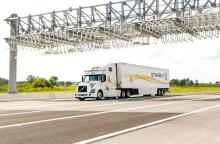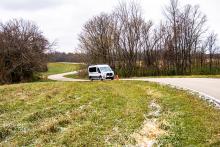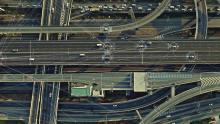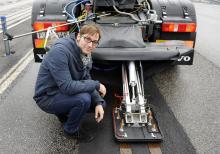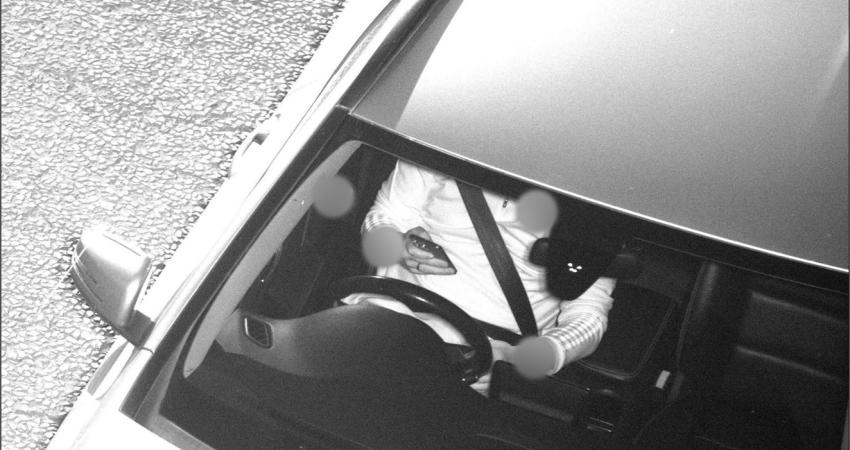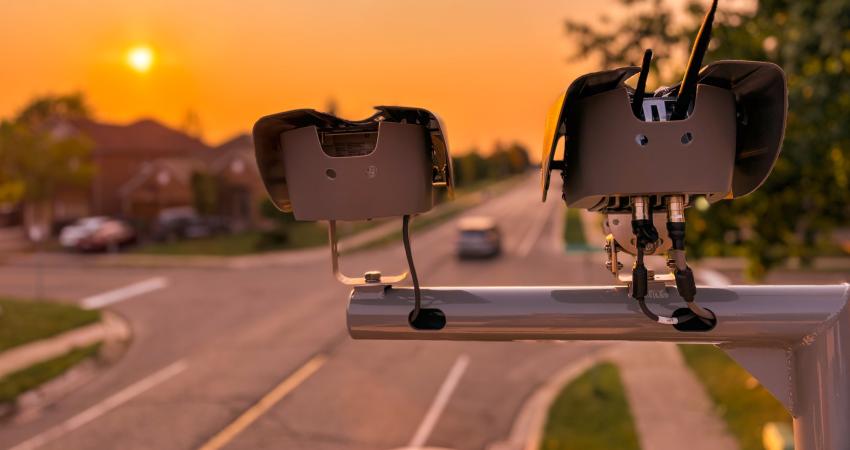
The second phase of Hungary’s 265-hectare autonomous vehicle (AV) Zalazone test track is nearing completion, according to the country’s minister of innovation.
Laszlo Palkovics said the $159 million project, which started in 2017, is on schedule and progressing in three phases.
The track is near Zalaegerszeg, around 180km south-west of Budapest.
Phase one involved setting up basic elements such a braking platform, a vehicle handling course and a typical country road layout.
The braking platform is designed to carry out ABS, ATC and ESP tests along eight types of surfaces and watering systems and also allows for high-speed platooning tests.
Phase one also saw the start of the smart city area to provide realistic traffic circumstances in a closed area.
The second phase, now nearing completion, includes a high-speed oval, bad roads and slopes and additional aspects of the smart city.
Phase three will be development from 2022 onwards, according to the organisation’s website.
It will add more more types of lanes, surfaces and road geometry, with different types of building and facades placed next to the street grid.
Budapest University of Technology, University of Pannonia and Széchenyi Istvány University do much of their vehicular and transportation research at Zalazone.


